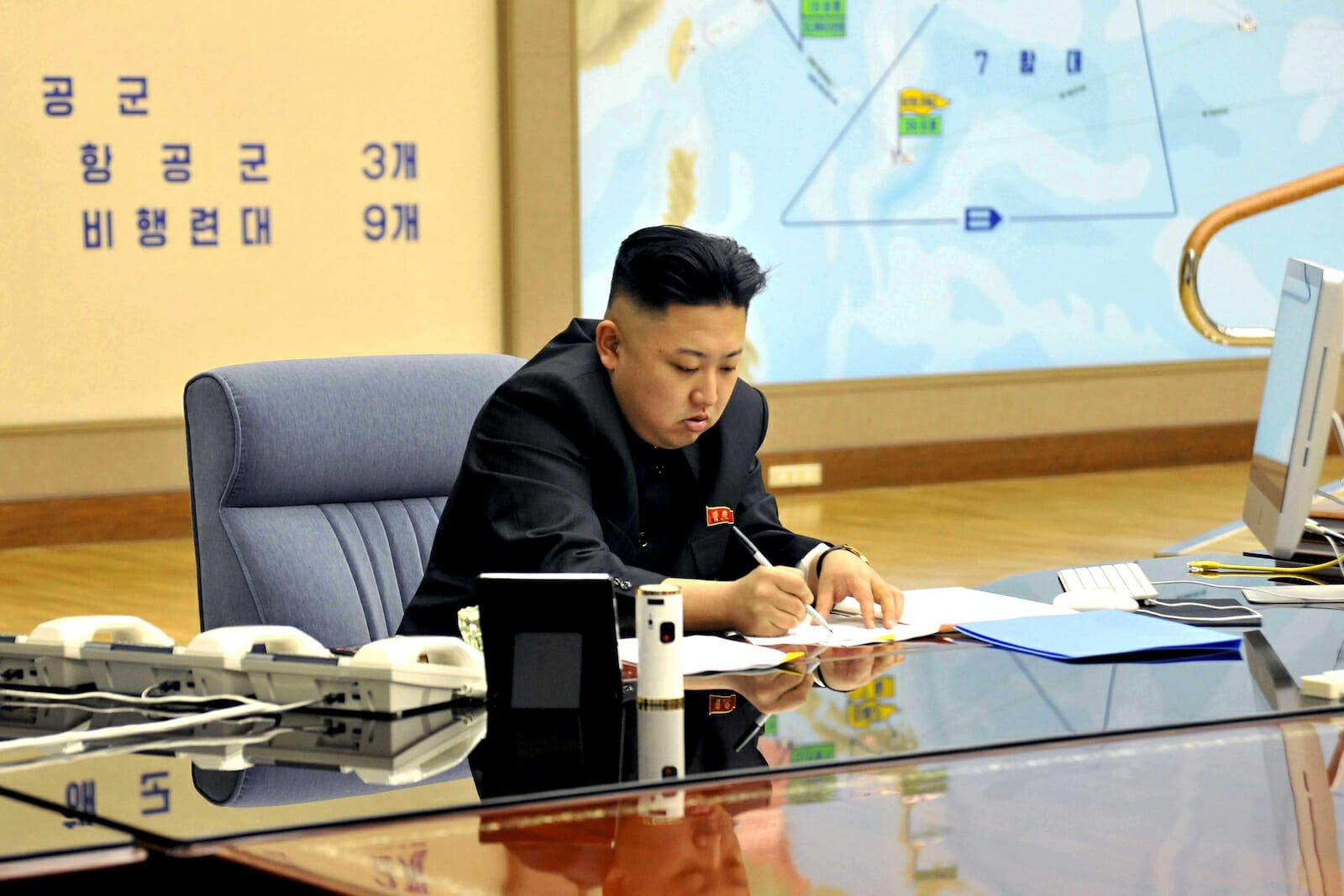
Beijing and Moscow: Pyongyang’s Silent Partners
As tension mounts on the Korean Peninsula, consider the two most reluctant participants, Russia and China. Russian involvement in Korean affairs can be traced back to the 19th century and China has been involved for several centuries. Both states are trapped into supporting Pyongyang for economic and diplomatic rewards. After the fall of the Soviet Union, Yeltsin gambled that the cancellation of economic aid would lead to better economic relations with the Republic of Korea. The gamble failed because China entered the void that Russian influence had once filled and consequently it partly restored its traditional suzerain relationship with Korea. Yet to gain this influence, China took over the burden of aid to Pyongyang, which now accounts for 70% of energy and regular donations of over $1 million in food aid.
Without significant influence over Pyongyang, the weakest partner in the Six-Party Talks, President Putin and Medvedev have both attempted to rekindle relations. This has gifted Kim Jong-Un an opportunity to take advantage of Sino-Russian competition for influence. He and his father, Kim Jong-Il, exploited this opportunity by continually refusing to settle Cold War era debt, stating that they were donations.
By 2007 this debt stood at $8.8 billion. In September 2012, Moscow announced that it was prepared to cancel 90% ($11 billion worth) of national debts. In exchange, they requested an agreement, which in principle, permits the transit of a liquefied natural gas pipeline through the DPRK. The proposed pipeline would stretch more than 1,700 kilometres and begin with volumes of up to 10 billion cubic metres per year. This would supplement the existing Sakhalin-2 pipeline, which has boosted Gazprom’s Far East exports, mainly only to Japan, and provides the opportunity to have a constant supply to the South Korean market. It is an opportunity that Russia is not prepared to endanger.
North Korea now has two valuable and generous allies. China wishes to see a stable regime which would allow it to continue to dominate the North Korean market over which it has an estimated 78% control. Russia wishes to gain economic and political influence once again. Both neighbours are unwilling to risk antagonizing Pyongyang and jeopardize losing their influence. The North knows it can act without the risk of a backlash.
This was demonstrated when the frigate, ROKS Cheonan, was torpedoed and sunk by a North Korean submarine. China refused to condemn the attack and a Russian investigation into the incident refused to place blame on Pyongyang. With two permanent members of the UN Security Council prepared to back open aggression, Pyongyang has returned to a period where their foreign policy can push brinkmanship without fear of major retribution.
As we have seen tensions escalate on the Korean Peninsula, there has been Sino-Russian condemnation of the December satellite launch and the February nuclear test, even going so far as to allow new sanctions to pass the UN Security Council. But as the tensions reached fever pitch over the Key Resolve annual US-South Korean military exercises, there has been an absence of condemnation from either Russia or China. “China believes that all parties should exercise calm and restraint,” foreign ministry spokesman Hong Lei told reporters, but as the Yongbyon nuclear reactor was restarted all it could do was express “regret.” While Russian Deputy Foreign Minister Igor Morgulov wanted to “urge all sides to refrain.”
Even though there has been mobilization of the People’s Liberation Army (PLA) units on the border with North Korea, we can assume that this is as much of a warning to Pyongyang as it is to Washington. The boat with the United States can be rocked but Beijing is not prepared to be dragged into an accidental war, not of its own making. Neither is prepared to risk losing their financial or diplomatic influence and as such, they are unwilling to use their influence to force Kim Jong-Un to back down. Consequently, without pressure for restraint from its loyal neighbours, the crisis will continue unabated, until a time of Pyongyang’s choosing.

